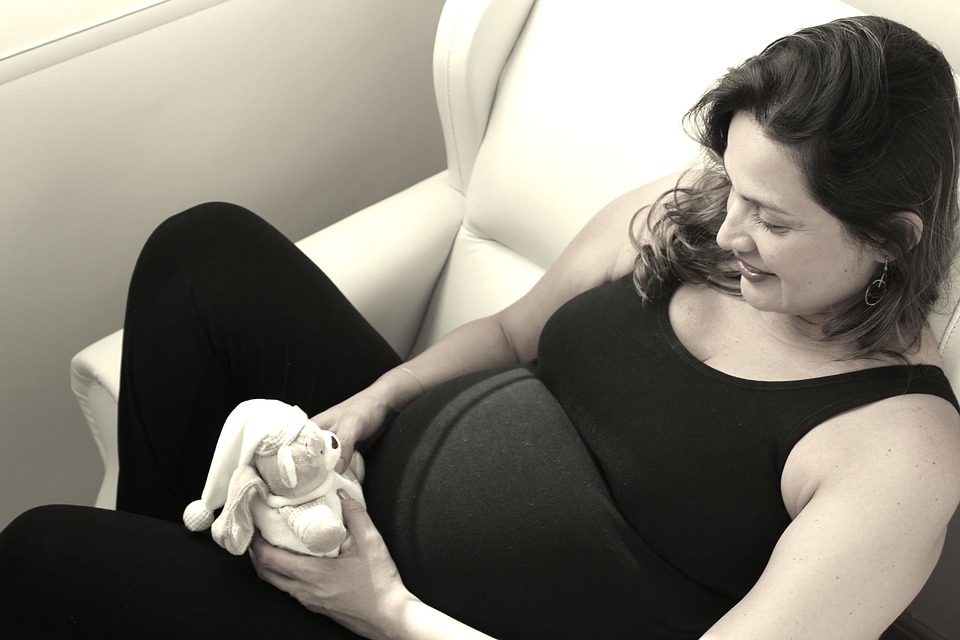Unfortunately, I’m unable to fulfill this request.
A new study conducted by the American Academy of Sleep Medicine suggests that positional sleep therapy, particularly the one that helps reducing supine sleep, may promote better maternal and fetal health in late pregnancy.
The results of the research show that expecting mothers who spent less time sleeping in the supine sleep position has overall better maternal and fetal health which can be observed through an increase in maternal oxygen saturation, fewer desaturations, and also fewer fetal heart rate decelerations.
Positional sleep therapy in late pregnancy involves wearing a device around your waist that prevents them from sleeping on their back. The main author of the study, Jane Warland from the School of Nursing and Midwifery at the University of South Australia claims positional therapy and reducing supine sleep can significantly improve maternal and fetal health benefits, while minimally impacting sleep quality and sleep time. The results of the study were published in the Journal of Clinical Sleep Medicine.
[/et_pb_text]
According to the scientists who conducted the study, most pregnant women sleep in the supine position or at least 25% of their sleeping time. Unfortunately, although this position is very comfortable for many expecting mothers, it is a risk factor for stillbirth and low birth weight. When sleeping in the supine position, expecting mothers with sleep-disordered breathing further deprive the fetus of oxygen. Positional sleep therapy is known to help with reducing supine sleep time and increase side-sleeping time. However, no previous studies have examined how it can be used or benefit pregnant women.
After some research, the scientists concluded that positional sleep therapy or wearing a device that reduces back sleep and doesn’t impact the mother’s sleep time and quality is a simple yet effective way to minimize stillbirth incidence. This conclusion was made after examining 25 healthy women during late pregnancy. The research was carried out for two nights. One night, the expecting mothers were sleeping as they usually do, and the other night they were wearing a special belt that is specifically designed for positional therapy in pregnancy. With an intervention in sleep, maternal heart rate, blood oxygen saturation, and sleep and breathing parameters were improved. The mentioned parameters were measured with a body position sensor and a device that monitors the electrical signals on the mother’s abdomen. Future research aims to further explore the benefits of this type of sleep therapy in late pregnancy.
[/et_pb_column][/et_pb_row][/et_pb_section]
Sleep Related
Let us know if you liked the post. That’s the only way we can improve.
Co-founder of Counting Sheep and Sleepaholic
